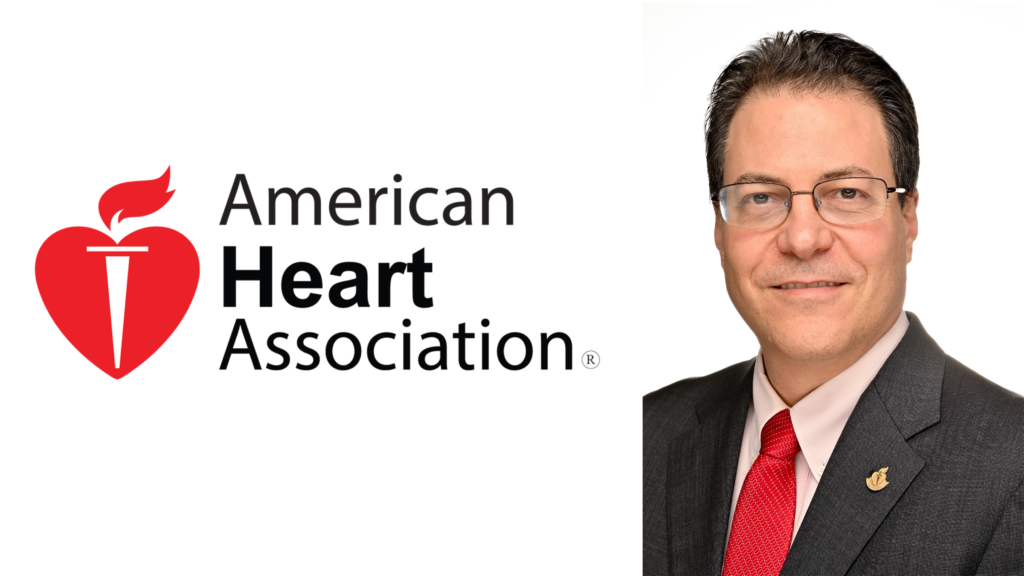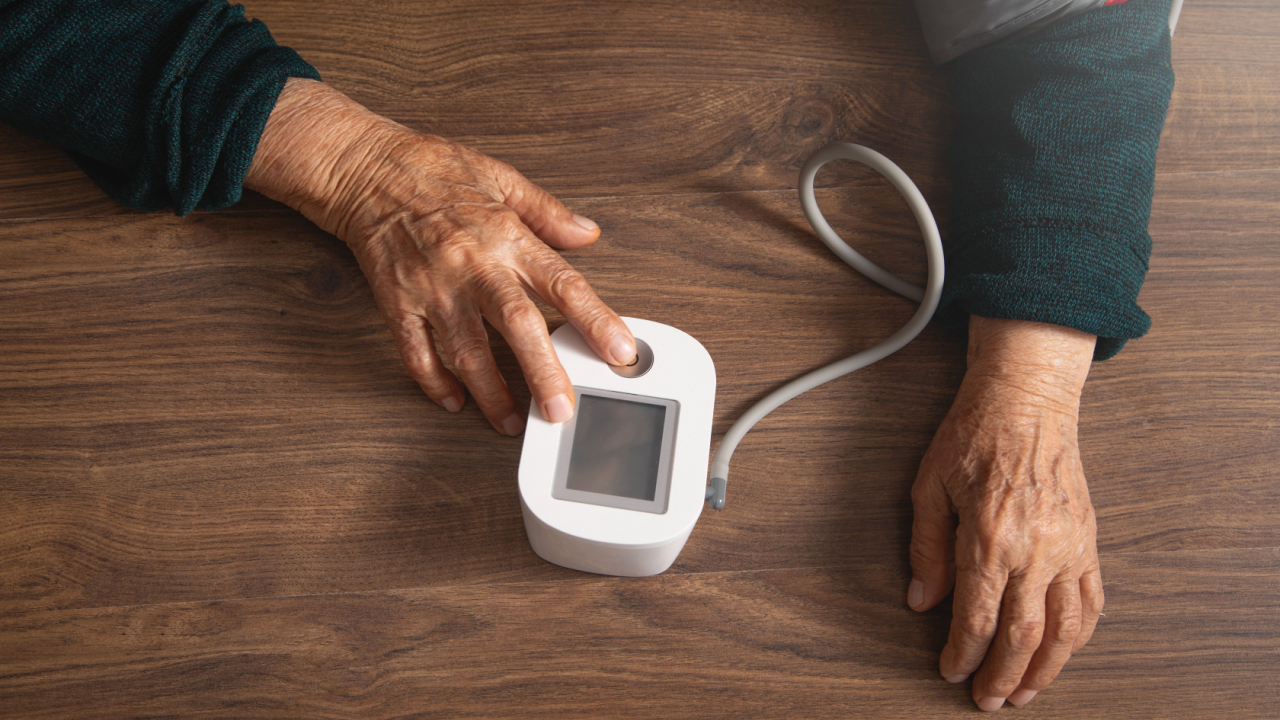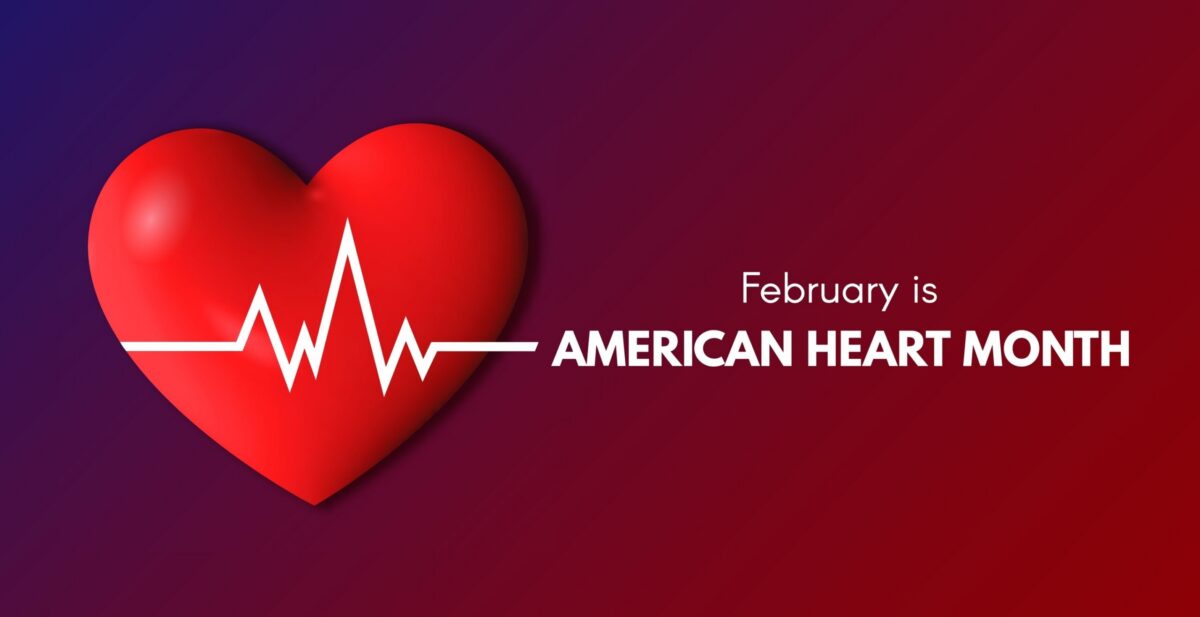World Heart Day takes place on September 29 each year and is an initiative created by the World Heart Federation to spread awareness about the importance of treatment access and support around the world for cardiovascular disease (CVD). The theme for World Heart Day 2022 is to “use heart for ever heart” as “beating CVD is something that matters to every beating heart.”
To honor this year’s World Heart Day, Xtalks spoke with American Heart Association/American Stroke Association’s (AHA/ASA) Chief Clinical Science Officer, Dr. Mitchell S. V. Elkind.
Read on to learn more from the AHA about topics related to CVD clinical trials and more.
What are some challenges, including legal and regulatory barriers, to utilizing telehealth when treating patients with CVD and stroke?
Dr. Elkind: Challenges to the use of telehealth include limited access to technology among patients, especially those with fewer resources or poor access to Wi-Fi or other means of connection to the Internet. This is a symptom of the digital divide, or the way in which telehealth could potentially exacerbate disparities in healthcare by virtue of telecommunications sophistication and access.
Apart from access, there are also issues around computer literacy, or the ability of some patients to use computers, smartphones and other modern telecommunications effectively; this is often especially true among those with stroke or other neurological disorders.
On the physician side, there are limitations due to rules around licensing, which is done by the states, to use telehealth. During the height of the pandemic, many restrictions were relaxed, making the provision of telehealth to patients located in other states easier.
In addition, while telehealth may be appropriate for some types of patient evaluations, it may fall short for others, when neurological findings are subtle, for example, or when careful physical examination is required. It may also be less effective for the initial evaluation of patients, and better for follow up of patients with more routine problems.
How is the AHA/ASA supporting the development of innovative ways to use telehealth for the care of CVD and stroke patients?
Dr. Elkind: The AHA/ASA has been a long-time supporter of efforts to increase the use and quality of telemedicine. In many ways, the treatment of acute stroke was one of the initial uses of widespread telemedicine, and the AHA/ASA supported advocacy efforts to allow neurologists to bill for telestroke services, including for patients in rural and, more recently, non-rural settings. This has allowed patients with acute stroke to receive lifesaving therapies they would otherwise miss.
More recently, as telehealth — the field of providing healthcare using advanced telecommunications — has grown, the AHA/ASA has begun to play an important role in professional education and certification. In fact, the certification efforts that ensure quality of telehealth providers are now being provided through a partnership of the American Board of Telehealth and the American Heart Association.
The American Board of Telehealth’s goal is to weave telemedicine into the fabric of healthcare delivery across the country as a tool to promote access to quality care no matter where people live. This requires high-quality, evidence-based education in the practice of telemedicine, and the AHA is an expert in providing this type of education to health care providers.
How does the AHA/ASA support clinical trials in CVD and stroke?
Dr. Elkind: The AHA has provided more than $5 billion in research funding since 1949, including funding for some clinical trials. AHA/ASA is the second largest funder of cardiovascular research after the NIH.
As an example of this research, the AHA funded a trial of the polypill, a combination medication that simultaneously addresses high blood pressure and cholesterol, in an under resourced, primarily Black population in Alabama. The polypill led to a reduction in blood pressure and lipid levels in treated patients, compared to usual care.
In addition to funding important clinical research, the AHA provides some of the most important channels in which clinical trial results get published, disseminated and implemented. For example, some of the top journals in cardiovascular disease and stroke are published by AHA/ASA, including Circulation, Stroke, Hypertension, and others.
Finally, AHA/ASA plays a critical role in the drafting of clinical practice guidelines: this involves the careful review of clinical trial evidence by volunteer experts, who then provide expert recommendations, ensuring that the results of science make their way into clinical practice.
Does the AHA/ASA encourage patient-centricity and the incorporation of patient experiences into CVD clinical trial design? Are there any examples of currently funded studies that have fully engaged CVD patients and caregivers?
Dr. Elkind: The AHA/ASA strongly encourages the incorporation of patient-centered measures into outcomes in the clinical trials it sponsors. It also evaluates these outcomes in the clinical trials sponsored by industry and others when writing guidelines.
Finally, the AHA engages lay peer reviewers — non-medical professionals and patients — in the design of research it sponsors and in the evaluation of grants proposed by academic experts. This is done to ensure that the research is as relevant to patients and the public as possible.
What are some advantages and challenges of incorporating decentralized and digitally enabled methods in CVD and stroke clinical trials?
Dr. Elkind: Decentralized and digital approaches to data capture and patient evaluation in trials permits the enrolment of a broad array of patients, some of whom might not find a clinical trial in their area otherwise.
These approaches were particularly important during the pandemic when patients were unable to safely come to the hospital in many instances.
Study procedures, including the provision of consent and the entry of data, could be done remotely. Even study outcomes can be assessed using electronic health records, rather than requiring patients to come to the hospital to meet with study coordinators. This also reduces study costs.
The challenges include data quality since there may not be the same ability to verify study outcomes as when the coordinator is face to face with the patient. But studies suggest that these approaches do work well in practice.
Are there any examples of currently funded CVD and stroke clinical trials that incorporate decentralized or “virtual” methods?
Dr. Elkind: The AHA has recently begun its first registry-based trial of patients with atrial fibrillation (CHANGE AFib), sponsored by Sanofi. This trial will include encounters that can be either in-person or by a virtual assessment.
Several other stroke and heart disease trials, particularly since the onset of the pandemic, include remote consenting and provision of medications remotely through shipping to the patient. In some of these trials, the enrolment and follow up can be done entirely remotely, saving time, effort and money.
Dr. Mitchell S. V. Elkind, M.D., MS, FAHA, FAAN, American Heart Association, past president (served as president July 2020 to June 2021), is professor of neurology and epidemiology at Columbia University Vagelos College of Physicians and Surgeons and attending neurologist at NewYork-Presbyterian/Columbia University Irving Medical Center, New York, NY.
Beginning Sept. 1, 2022, Dr. Elkind is taking a leave of absence from Columbia to join the American Heart Association staff leadership team as Chief Clinical Science Officer.
Courtesy of the American Heart Association 2022.











Join or login to leave a comment
JOIN LOGIN